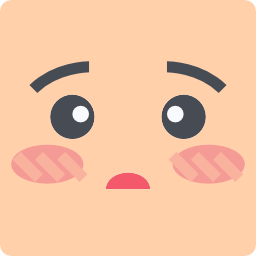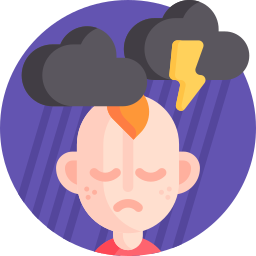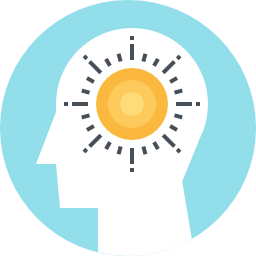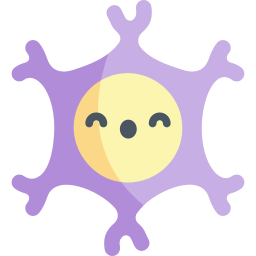GLOSSARY
M
Malu
A word used by the Dusun Baguk of Indonesia, defined as feelings of shame, embarrassment, and awkwardness elicited in the presence of people with higher status.


Mania
A state of abnormally elevated or irritable mood that leads to hyperactivity, euphoria, delusions, and a decreased need for sleep. Mania is often associated with bipolar disorder (Type 1). It can be severe enough to cause (...)


Mattering
A sense of feeling valued and adding value.


Matutolypea
Pronounced, “muh-T(Y)OO-tuh-LIP-ee-uh”. A combination of Latin (Matuta from Matuta Mater) and Greek (lype means 'grief or sorrow') that describes the moody state of one getting up the wrong side of the bed in the morning.


Mauerbauertraurigkeit
Pronounced, “mau-er-bau-er-trow-ri-kite”. A German term to describe one’s insecurity that leads one to push others away in the means of protecting oneself.


Meaning in Life
The sense of, and significance felt regarding the nature of one’s being and existence.


Meaningfulness in Life
Being able to make a positive contribution beyond which one’s particular life is able to make.


Melancholy
An state of pensive sadness that can be habitual or lasts for a long time. Melancholy shares resemblance with love, nostalgia, longing, and yearning.


Mental Contrasting
The strategy of mentally contrasting your desired future with one’s present reality. This contrast between what one wishes to experience and the challenges one is facing at present can enhance goal commitment.


Micro-expressions/Micro-displays/Micro-facial-expressions
Expressions which are so brief that they are barely perceptible to the untrained observer. Micro displays may be fragments of squelched, neutralized, or masked display. Micro displays may also show full muscular movements associated with (...)


Microflow
Activities that are short in duration, interstitial and sub- ordinated within the stream of action, and often so routinized as to occur almost outside awareness.


Mindfulness
The awareness that emerges through paying attention on purpose, in the present moment, and nonjudgmentally to the unfolding of experience moment by moment. The awareness that results from (1) self-regulation of attention so (...)


Mindfulness Meditation
A form of meditation that emphasizes detached observation from one moment to the next, of a constantly changing field of objects. This flexibility is achieved by concentrating on one primary object (commonly the successive flow of (...)


Mindfulness-Based Strengths Practice (MSBP)
The integrated practice of mindfulness and character strengths. The practice encourages mindful awareness and optimal use of one’s best virtues (character strengths) toward the enhancement of individual and collective well-being.


Mindfulness-Based Stress Reduction (MBSR)
A structured group programme that employs mindfulness meditation to alleviate suffering associated with physical, psychosomatic and psychiatric disorders. Participants are invited to focus with an interested, accepting and non-judgemental attitude on (...)


Mindset
The implicit belief that a person holds about their potential, namely their intelligence and talent. People can hold one of two mindsets – a fixed mindset where they believe their abilities and skills are innate and fixed, or a growth mindset, where they believe their abilities and (...)


Mirror Neurons
A class of visuomotor neurons (initially identified in macaque monkey premotor cortex) that respond when a particular action is performed by an individual observed and when the same action, performed by another individual, is observed. Mirror neurons appear to (...)


Misattribution of Affect
The tendency for individuals to have difficulty disentangling their affective responses to two events occurring in close proximity in time and space. Consequently, individuals confuse the sources of their affective responses. A change in core affect due to one (...)


Mono-Amine Oxidase-A (MAOA) Gene
Also known as the “warrior gene”, this gene specifically produces the enzyme MAOA, which decomposes monoamine neurotransmitters (dopamine, serotonin, noradrenaline). Individuals with low levels of MAOA are more likely to react aggressively in a highly provocative situation.


Mood
Affective states that feature a lower felt intensity than emotions, are not displayed, do not have a clear object, rises and dissipates slowly relative to emotion, and lasts much longer than emotions.


Mood-Congruent Hypothesis
The hypothesis that stimuli agreeing in affective valence with one’s mood are learned and retrieved better than stimuli of different valence. The enhanced encoding and/or retrieval of material the affective valence of which is congruent with ongoing mood.


Moral Disgust
Disgust elicited by abstract sociomoral transgressions.


Morgenfrisk
Pronounced, “mor-gan-frisk”. From morgen (‘morning’) + frisk (‘fresh’), this Danish adjective means feeling refreshed in the morning after a good night’s sleep. Morgenfrisk can also refer to the revitalized energy and new beginnings one has in the morning.


